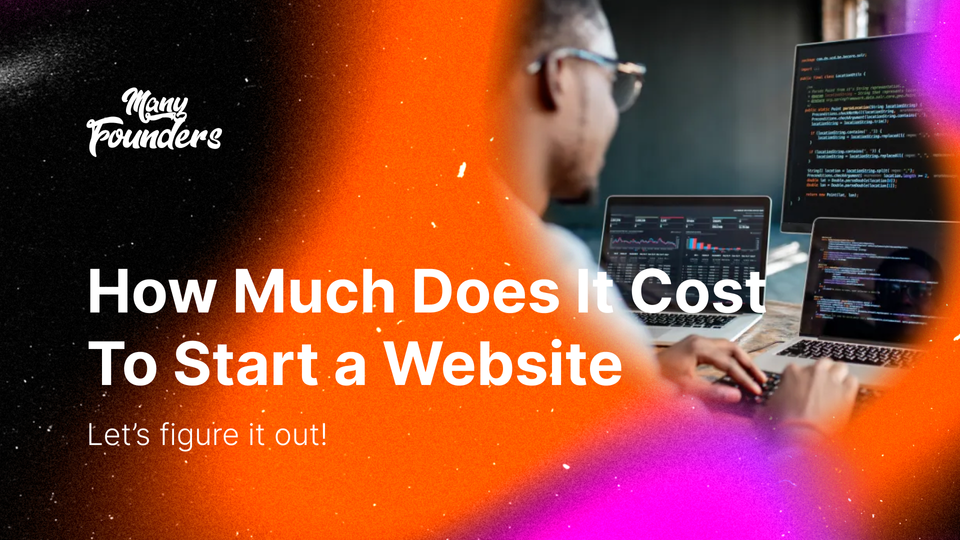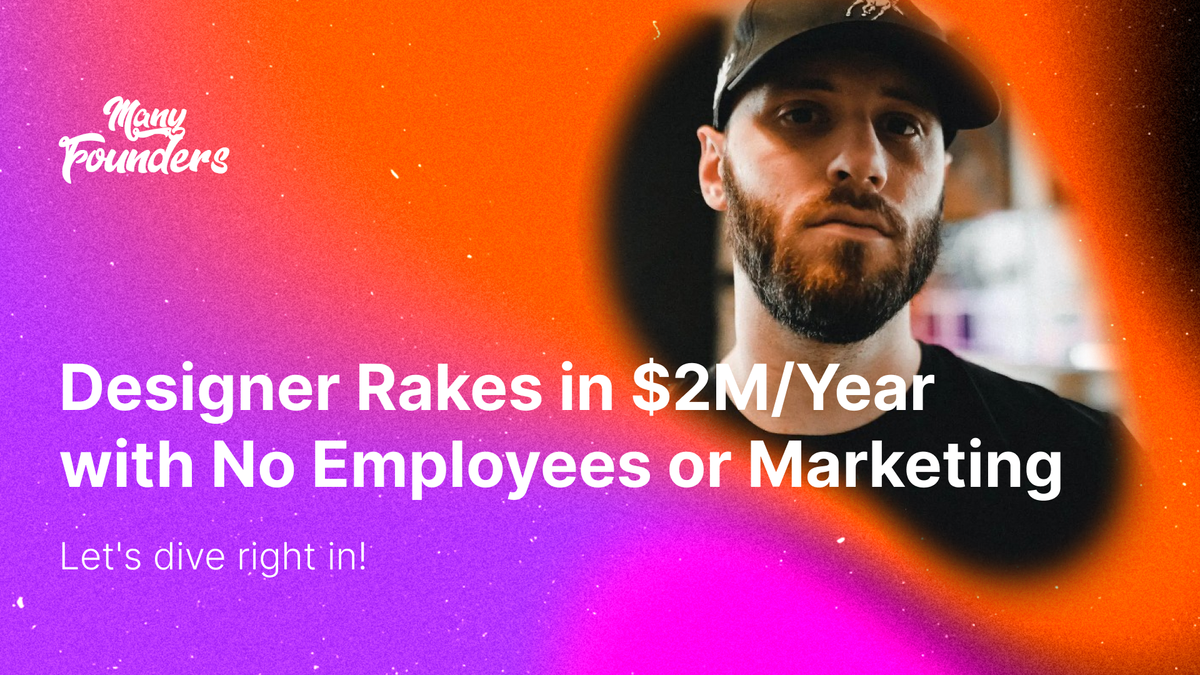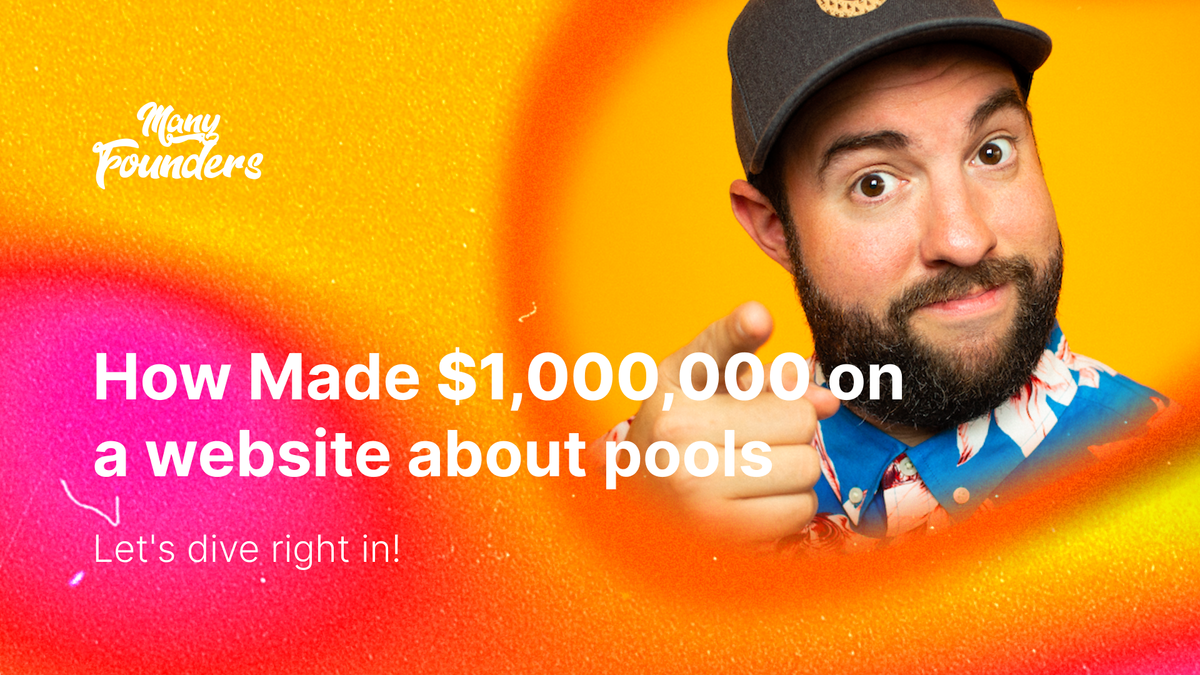How Much Does It Cost To Start a Website – Guide 2024

A website is the most essential part of any business in this digital era. From small startups to large corporate sectors, it will help you reach a more prominent audience and grow your brand. One of the very first questions that comes into your mind at this point would thus be, "How much does it cost to start a website?"
This article will cover all the costs you need to consider when starting a website. We'll break down the expenses into different categories, including domain registration, hosting, design and development, SEO and marketing, and maintenance. Additionally, we'll discuss industry-specific website costs to give you a clearer picture of what to expect based on your niche.
General Website Costs
Here's a table that outlines the main costs associated with creating a website, including both minimum and maximum costs for each category.
| Domain Name | $10/year - $1000+ |
| Web Hosting | $3/month - $100+/month |
| Website Design | $200 - $5000+ |
| Website Development | $1000 - $10000+ |
| Content Management System (CMS) | $29/month - $299/month |
| SSL Certificate | $10/year - $200/year |
| SEO and Marketing | $500/month - $2000/month |
| Maintenance | $50/month - $200/month |
| Total Cost | ~ $703 - 18,448+/year + dev/design fees |
1. Domain Name
Your domain name is technically the address of your website on the internet. The domain extensions (.com, .net, .org, etc.) and the registrar you go with determine the price. The average cost for a domain name would be anywhere between $10 to $50 yearly. Premium domains can run into hundreds or sometimes even thousands of dollars.
2. Web Hosting
The web hosting service makes a website accessible to the internet. There are several types of hosting to consider:
- Shared Hosting: $2.75 to $15 per month. Ideal for small websites and blogs.
- VPS Hosting: $20 to $80 per month. This would be the package for medium-sized websites needing more resources.
- Dedicated Hosting: $80 to $300+ per month. Appropriate for large, heavy-traffic websites.
- Cloud Hosting: $4.50 to $240 per month. Offers scalability and flexibility, making it suitable for growing websites.
3. Website Design and Development
Design and development are among these services, covering the visual layout of a site and the subsequent coding it requires to work. All will be covered from graphics to user interface design and backend functionality.
The price of a website design can vary greatly based on its complexity and design requirements, whether you are doing it yourself with the help of a website builder or using professional help.
- DIY Website Builders (e.g., Wix, Shopify): $14 to $40 per month. These are template-based and drag-and-drop, so you can do it yourself.
- Freelance Designers/Developers: $500 to $5,000+. Freelancers can offer custom looks and functionality, which will give you exactly what you need.
- Web Design Agencies: $3,000 to $50,000+. This will be full service—from custom design through development to continuous support.
Additionally, here is the selection of ideas for you:

4. Content Management System (CMS)
CMS helps to manage the content on the website very easily. It allows you to update content, create new pages, and manage media—all these without in-depth knowledge of coding, which therefore makes it a very essential tool when it comes to running a dynamic and current website.
Some of the most popular options available include WordPress, Joomla, and Drupal.
5. SSL Certificate
An SSL (Secure Sockets Layer) certificate will grant you the peace of mind that your website and users are using a safe connection, encrypting the data exchanged. It might be free, as some hosting companies may offer it, or around $150 per year, according to the degree of security you have to assure.
6. SEO and Marketing
SEO (search engine optimization) and marketing therefore become a very integral part of investment in driving more traffic to your website and enhancing its visibility.
- SEO Tools and Services: $50 to $500+ per month. This includes tools on keyword research, on-page search engine optimization, and link building.
- Marketing and Advertising: It can range from as low as possible to as high as possible. Options such as Pay-per-click (PPC), social media marketing, content marketing—based on your strategy and targets—are available at costs ranging from a few hundred to several thousand dollars a month.
Learn from Brett Williams how to run a website without marketing expenses:

7. Maintenance
Regular maintenance will help you ensure that your website works smoothly and stays safe.
- DIY Maintenance: Requires time and minimum technical skills for doing updates and backups.
- Professional Maintenance Services: $50 to $300 per month for regular updates, security monitoring, and backups that allow you to be worry-free and focused on other aspects of the business.
Website Costs by Industry
Costs can also be based on the type of industry your website build is going to belong to. There will be certain elements that need to be added into certain industries, and this may raise the ultimate cost when handing over the design elements. Certainly, the quantity of pages overall impacts the cost and volume of work needing to be done to get the website up and running.
| Small Business Website (up to 16 pages) | $2000 | $9000 |
| Corporate Website (up to 75 pages) | $10000 | $35000 |
| E-Commerce Website (up to 1,000 products) | $5000 | $55000 |
| Website Application (up to 2,000 pages) | $20000 | $150000 |



Member discussion